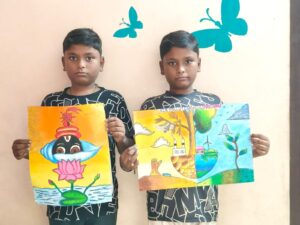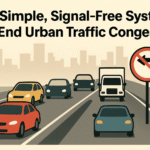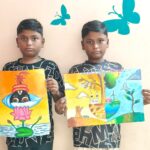
Fighting Period Poverty With Resuable Cups & Pads. These Rotary Women Make it a Movement.


IRAGMHH also seeks to encourage the use of sustainable menstrual products. Women spend a total of 7 years of their life menstruating. 50% of the women world-wide use disposable period products that account for over 150 million pads ending up in landfills daily. The campaign offers reusable cloth pads and reusable cups. These can be used for 2 years and 10 years respectively, eliminating recurring cost and checking pollution as well .
“When you give a woman in a vulnerable condition a menstrual cup, you are giving them freedom, true freedom. You are empowering them because now they do not have to waste any money on sanitary products for more than 10 years and you are also making them conscious about our environment” said Treasurer, Inés Verónica García.
Check our website www.tellmystory.in
Follow our socials for more inspiring stories —
YouTube: https://youtube.com/channel/
Hoote: https://hoote.page.link/
Instagram: www.instagram.com/tellmystory.
Twitter: www.twitter.com/tellmystory__
Facebook: www.facebook.com/tellmystory.
Related News



People Treat You the Way You Treat Yourself


Duet of Gears & Light


Learning to Feel Safe in the Good

Creator’s Mirror

The Moonlight Found Me Again
Recent Stories

The Other Side of Me He Never Saw


People Treat You the Way You Treat Yourself


Duet of Gears & Light




This Post Has One Comment
This is really globley problems in school’s girls in period. As the presentation of Sharmila absolutely right in my country Nepal,there are thousands of school’s girls,they did not know about sanitary pads and other pads.In this resion they left their school’s for 5-7days .My RC Hetauda also get a chance with “Days for girls” program from Australia,then we start small training programs from Kathmandu ,where as my club provide 4 Numbers of traines ladies in that training programs,now are all ready sustain in small scale business,in local area.But it is not sufficient for all who are living in very remote areas they have same potty conditions,they never go schools at the period ,Now we are trying to provide a larg number of training programs in remote areas,.for this projects we are not able to start alone,so we are trying to joint projects with any others clubs, patterns,and organization.